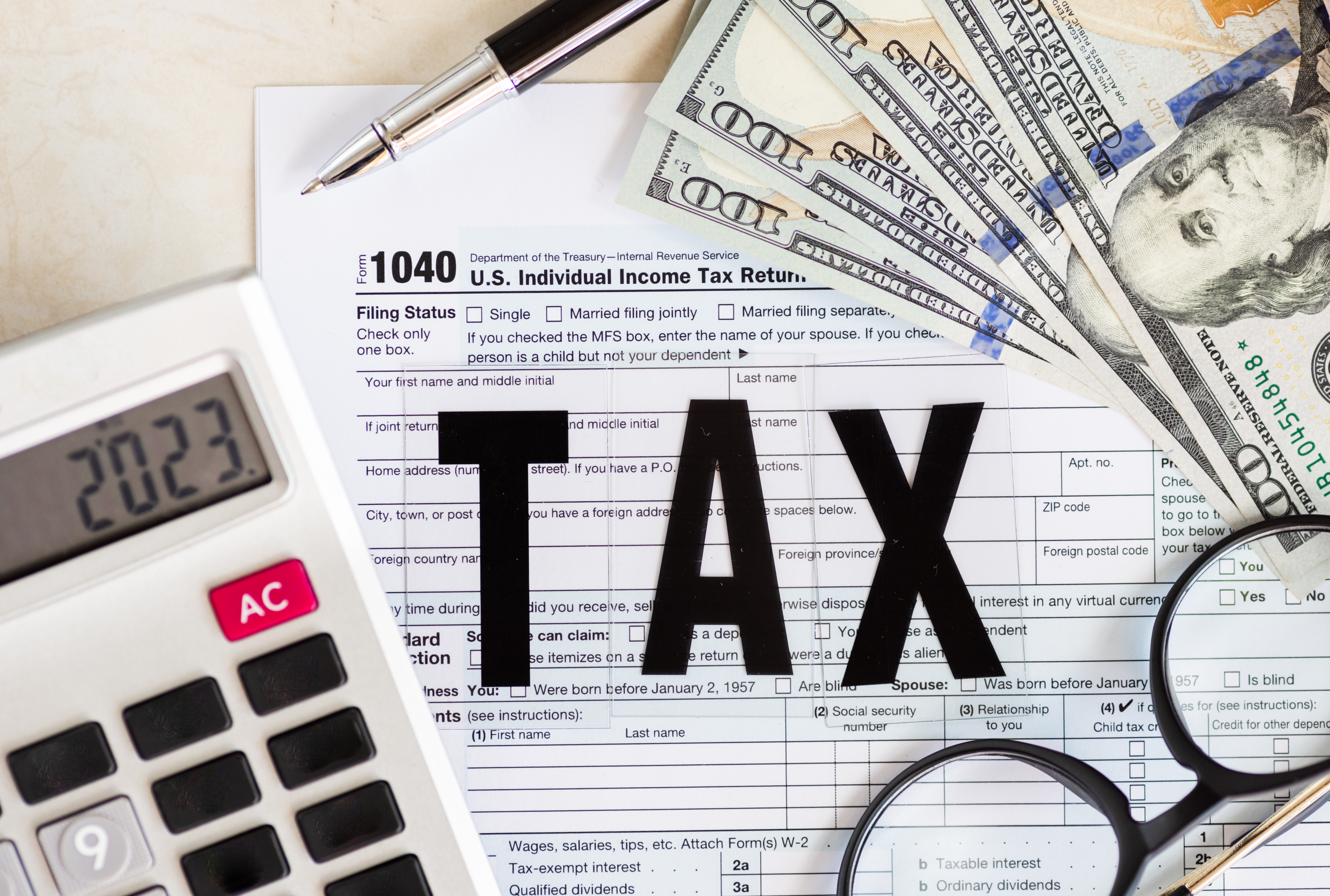As part of the TCJA, the IRS imposed a State and Local Tax Deduction cap of $10,000. In total, more than 30 US states have responded to the limited deduction by enacting a pass-through entity (partnerships and S corporations) tax (“PTE Tax”). Each state has its own tax policies for pass-through entities – businesses that are typically not taxed at the entity level, but instead pass their income, deductions, and credits through to their owners, who report these amounts on their individual tax returns. Taxing the income at the entity level can create a deduction on the business’s Federal return. This enables the owners to effectively reduce their ordinary income instead of deducting the tax on their individual return, which is subject to the TJCA limitation. The IRS has acknowledged and blessed these types of “Workarounds” in Notice 2020-75.
Ohio Pass-Through Entity Tax Policy
Ohio allows pass-through entities to make an annual election (“PTE Election”) to pay a tax at the entity level on Form IT4738. This PTE Tax is based on Ohio taxable income, which is calculated by multiplying federal taxable income by an apportionment factor that incorporates the percentage of the entity’s sales, property, and payroll that are in Ohio. The PTE Tax rate is 5% for 2022 and drops to 3% in 2023. Taxpayers making the PTE Election for 2022 can claim credit for estimated payments for Non-Resident Withholding and Composite Tax on the IT4738. Unfortunately, estimated payments that were made at the individual level cannot be claimed. Estimated payments are due for the IT 4738 on the 15th day of the month after the end of each quarter.
At the individual filing level, Ohio requires an add back modification of this deduction. Business income is still taxed at 3% for the individual on the owner’s individual return. Business owners who file Form IT1040 can claim their proportioned PTE Tax as a refundable credit on their individual return.
Kentucky Pass-Through Entity Tax Policy
On Friday March 24th, 2023, Kentucky Governor Andy Beshear signed HB360 into law. This bill is retroactive to January 1st, 2022, and allows for Kentucky pass-through entities to make an election to pay tax at the entity level (guidance on frequency has not yet been released). Due to the recency of the passing of this bill, the Kentucky Department of Revenue has yet to announce a form to file and make this election on. Similarly, there is the potential for legislative changes or additional guidance expected regarding estimated payments to come. Kentucky’s legislation also allows pass-through entity owners to claim a nonrefundable credit in the amount of their respective pro rata share on their Kentucky individual income tax return. It is expected to be late summer or early fall before Kentucky has more guidance and forms available from the Department of Revenue. Due to the timing of this legislation, taxpayers considering this election could benefit from extending their federal and state returns.
Indiana Pass-Through Entity Tax Policy
On February 22, 2023, Indiana Governor, Eric Holcomb, signed Senate Bill 2 into law. This bill is retroactive to January 1st, 2022, and allows for Indiana pass-through entities to make an annual election to pay tax at the entity level. Taxpayers can make this election after March 31st, 2023, on Form IN PTET and file the entity’s Composite Schedule. The PTE Tax is based on Indiana taxable income, which is calculated by multiplying federal taxable income by an apportionment factor that takes into account the percentage of the entity’s sales in Indiana. The PTE Tax rate is the same as the Indiana individual tax rate – a flat 3.23% for 2022 and 3.15% for 2023. Indiana appears to allow credits against the PTE Tax for estimates paid towards composite filings. However, similar to Kentucky, guidance is unclear and currently limited due to the timing. If the tax year ends on or before June 30, 2023, no PTE Tax estimated payments will be required. If the tax year ends after June 30, 2023, or before December 31, 2024, a single estimated tax payment is required.
Indiana requires an add back modification of this deduction. Business owners who file IT-40 or IT-40PNR can claim their proportioned PTE Tax as a refundable credit on their individual return.
Each state is handling this “workaround” in a different manner, and some states have limitations on other credits. Although these new laws are often beneficial for taxpayers, they can present unique circumstances that need to be considered with caution. Making these elections will not necessarily make sense in every scenario.








